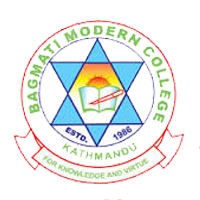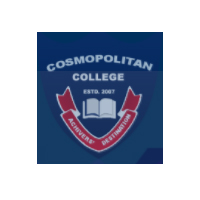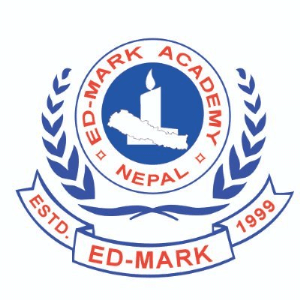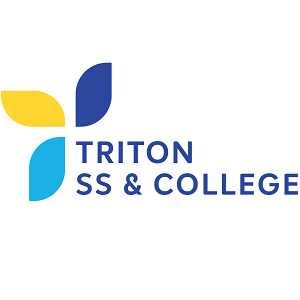Overview
Ten Plus Two (+2) Law at BST College, Gongabu, Kathmandu
+2 Law at BST College, Gongabu, Kathmandu, runs under NEB and presents a clear subject map for Grade 11–12. The stream lists compulsory Nepali, English, and Social Studies, followed by one law-focused optional set that covers Jurisprudence and Legal Theories, Constitutional Law, Procedural Law, and General Law. You will find these combinations useful if you plan to enter law, public administration, or policy-related degrees after Grade 12.
The college opens admission after SEE and processes applications through its information desk. Students submit the form with required documents and then follow the notified entrance/admission steps.
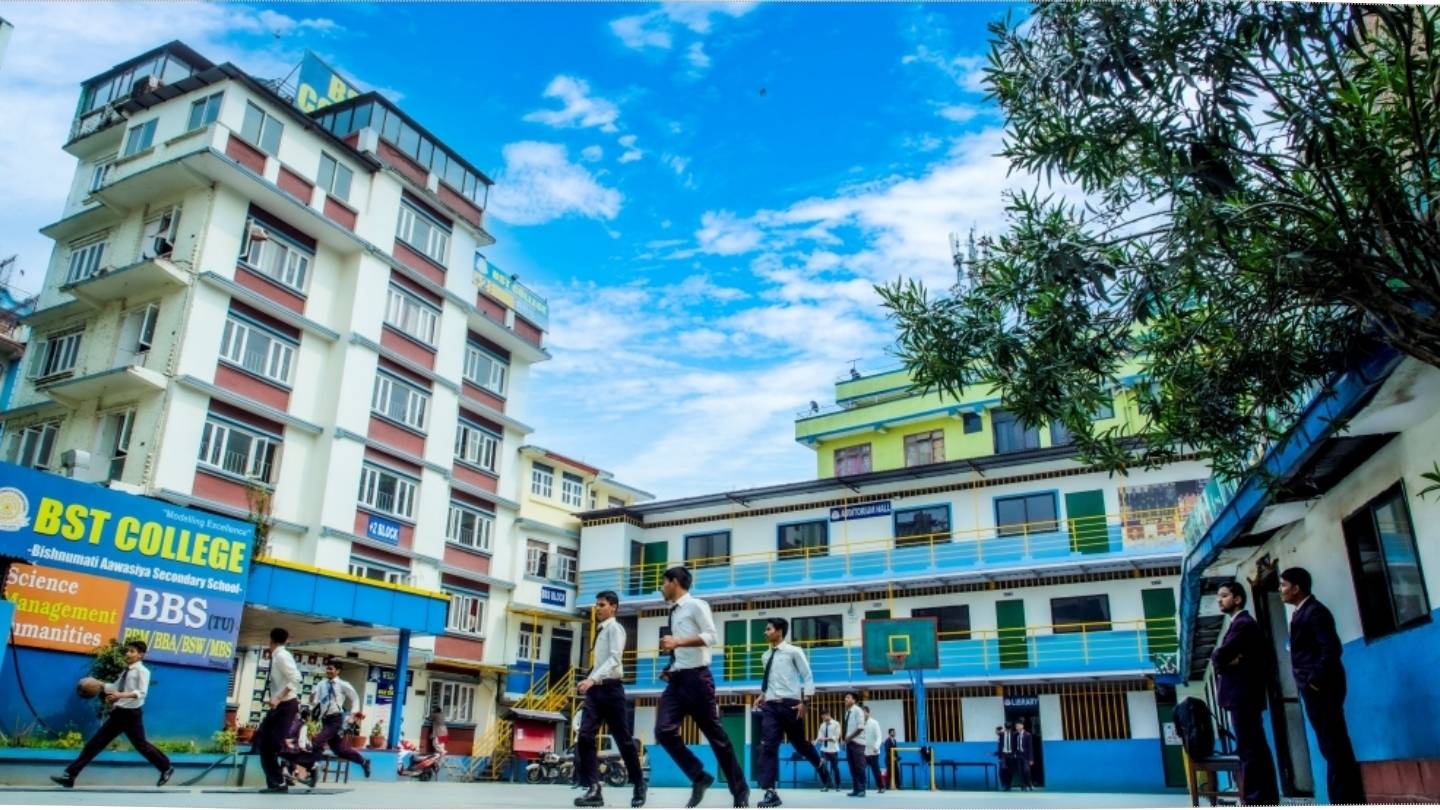
Highlights
-
NEB +2 Law with compulsory Nepali, English, Social Studies.
-
Four optional combinations built from Jurisprudence, Constitutional Law, Procedural Law, and General Law.
-
Admission window starts right after SEE; forms and instructions are issued from the information desk.
-
Campus support: library, ICT/computer lab, auditorium, transport, and sports.
Curriculum Details
Compulsory Group (Grade 11–12)
-
Nepali
-
English
-
Social Studies
Optional Combinations (choose one set)
-
Optional-I: Jurisprudence and Legal Theories, Constitutional Law, Procedural Law
-
Optional-II: Jurisprudence and Legal Theories, General Law, Procedural Law
-
Optional-III: Jurisprudence and Legal Theories, Constitutional Law, General Law
-
Optional-IV: Procedural Law, Constitutional Law, General Law
What these sets mean for you
-
Jurisprudence and Legal Theories introduces legal reasoning, sources of law, and schools of thought.
-
Constitutional Law covers constitutional norms, organs of the state, rights, and duties, which helps for entrance prep in legal and public policy tracks.
-
Procedural Law builds familiarity with process, basic court structure, and filing logic that students encounter in early law internships.
-
General Law connects everyday legal topics—contracts, property, or basic obligations—to practical case notes and problem questions.
Objectives
-
Help you read legal texts with purpose and write structured answers in Nepali and English.
-
Build early awareness of Nepal’s constitutional framework and the idea of due process.
-
Encourage ethical reasoning and respect for evidence when you draft short case summaries.
-
Prepare you for law-related bachelor programs or public service pathways after Grade 12.
Scope
+2 Law graduates apply to BALLB, B.A. in Social Sciences, BSW, and public administration or criminology-adjacent degrees that accept law at +2. The subject sets above signal your interest in legal studies while keeping you ready for policy, journalism, or community roles where basic legal literacy matters. The auditorium, library, and ICT lab help with presentations, debates, and typed assignments.
Learning Outcomes
By the end of Grade 12 Law at BST, students typically:
-
Explain core ideas in Jurisprudence and match legal theories to simple scenarios.
-
Summarize constitutional principles, rights, and institutional roles with correct terminology.
-
Outline how a case moves through a basic procedural chain; identify common documents.
-
Write short, source-based notes and present a mini case brief to peers using slides.
Skill Development Modules
-
Reading legal texts: clause-by-clause reading, margin notes, and basic referencing.
-
Case writing basics: facts, issues, rules, analysis, and conclusion in short form.
-
Civic literacy: constitution-based discussions, current rule-of-law examples, mock assemblies.
-
Communication: précis, summaries, and minutes in Nepali and English; auditorium presentations.
-
ICT for law study: document formatting, tables of authority, and simple citation lists using the computer lab.
Teaching Methodology
Teaching includes classroom periods, guided reading in the library, ICT-based assignments, and events in the auditorium. Teachers conduct unit tests, question-answer sessions, and short presentations to build clarity. Facilities listed by the college support these activities during the academic year.
Admission Requirements
Eligibility
The college booklet lists the Law stream structure and the admission workflow but does not state a separate GPA threshold for Law. Applicants should follow NEB policy and the college’s current intake notice. Students apply after SEE and complete steps as instructed by the administration.
Process
-
Application opens right after SEE results.
-
The information desk provides forms and instructions.
-
Submit the form with required documents and follow the notified entrance/admission steps.
Documents to prepare (typical)
-
SEE grade sheet and character certificate.
-
Passport-size photos.
-
Citizenship/ID copy as applicable.
-
Migration/transfer document if requested in the notice.
Career Opportunities
-
Law and justice pathway: BALLB entrance after Grade 12; early exposure supports first-year coursework.
-
Public service and administration: documentation and community coordination roles where knowledge of constitutional and general law helps.
-
Media and public information: legal awareness for reporting, fact checks, and rights-oriented content.
-
Community organizations: paralegal-adjacent tasks under supervision, field notes, and program documentation.
Scholarships and Financial Aid
BST College publishes GPA-linked fee waivers and special provisions:
-
GPA 3.9–4.0: admission, annual, and tuition fees fully waived.
-
GPA 3.8–3.9: admission 100%, annual 50%, tuition 75% waived.
-
GPA 3.6–3.8: admission 100%, annual 50%, tuition 50% waived.
-
GPA 3.4–3.6: admission 50%, annual 50%, tuition 30% waived.
-
GPA 3.2–3.4: admission 50%, annual 40%, tuition 25% waived.
-
GPA 3.0–3.2: admission 40%, annual 30%, tuition 20% waived.
-
GPA 2.8–3.0: admission 30%, annual 20%, tuition 10% waived.
-
GPA 2.4–2.8: admission 20%, annual 20%, tuition 10% waived.
-
Entrance topper: full scholarship; support for needy and deserving students listed.
Why Choose This Course?
-
Subject sets that keep you close to core legal areas from the start: Jurisprudence, Constitutional, Procedural, General Law.
-
Admission process that begins quickly after SEE, handled through the college office.
-
Facilities that support reading, typing, and speaking—library, ICT/computer lab, auditorium.
-
Scholarship slabs that reward grades and list provisions for entrance toppers and deserving students.
Conclusion
+2 Law at BST College provides a straightforward route for students who want early contact with legal ideas while completing NEB Grade 11–12. The subject map covers legal theory, constitutional structure, process, and general legal topics. The admission window opens after SEE, and campus resources support reading, writing, and presentation work through Grade 11–12.
FAQ
1) What are the compulsory subjects in +2 Law at BST?
Nepali, English, and Social Studies.
2) Which optional sets can I choose?
Four options combining Jurisprudence and Legal Theories, Constitutional Law, Procedural Law, and General Law.
3) When does admission open and how do I apply?
Right after SEE results. Collect the form from the information desk, submit documents, and follow the notified steps.
4) Is there a separate GPA rule for +2 Law at BST?
The booklet lists the Law combinations and the admission workflow but does not specify a separate GPA threshold for Law. Follow the current intake notice.
5) What facilities support Law study at BST?
Library for references, ICT/computer lab for typed work, and an auditorium for talks and presentations; transport and sports are also listed.




